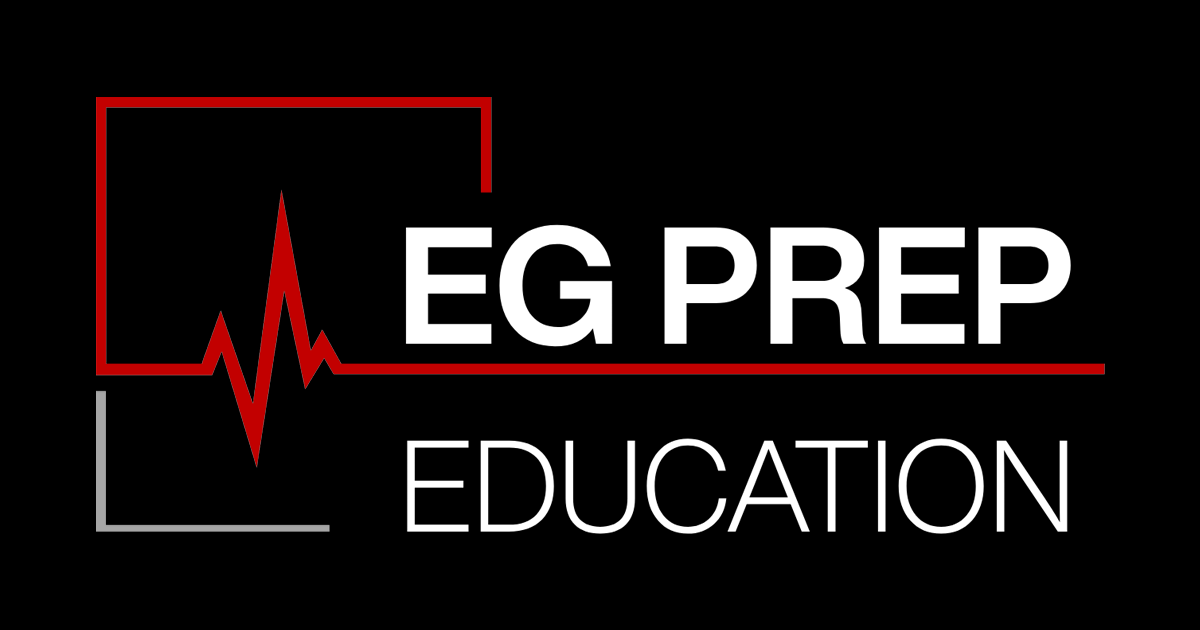
Author: annablog


ANCC or AANP: Which NP Certification Exam Is Right for You?
Read More
What You Need to Know to Become an ENP-C
Read More
How To Create A Positive Impact On Patients As A Nurse Practitioner
Read More
Life of a Nurse Practitioner: Primary Care Pediatrics
Read More
Continuing Education (CE) Credits for NPs: What You Need to Know
Read More
What’s the Difference Between FNP and DNP?
Read More
How to Thrive in Your New NP Job Without Burning Out
Read More